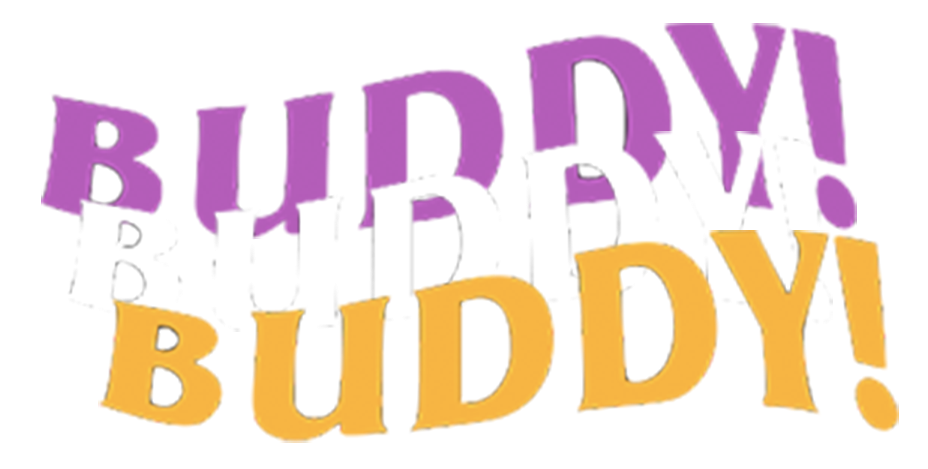Cloud Eggs: A Weird Trendy Food
Jacob Hu (G11)
Have you noticed a particularly eccentric food trend called “Cloud Eggs” ? Although it may be a modern trend, cloud eggs actually have a LONG history. In this article Jacob takes a look at how ancient chefs “flufficized” eggs into these cloud eggs using primitive ways. Of course, a more modern recipe is also included if you’d like to try making them yourself!
There seems to be a new unavoidable food trend appearing on social media all the time; this is the domination of cloud eggs. You might not recognize its name, but you’ve probably seen it, a bright yellow sun nested in white, giving it the appearance of a cloud:
(Courtesy of foodnetwork.com)
Despite being a modern-day dish, cloud eggs actually have a lot of history to them: experts say that cloud eggs may date back to the 17th century. However, since modern cooking utensils didn't exist back then, people used sticks, a bowl, and a salamander (17th-century cooking tool, AKA a heated shove or blowtorch, NOT a slimy creature living in the swamps) to make the very first of cloud eggs.
Salamander tool (Courtesy of antiquemetalware.org.uk)
First, they used tree branches to separate the yolk and the whites
then they used a stick to stir/beat the egg white to make the egg white foamy
the foamy egg white is then transferred onto a plate with the heated salamander held above the plate
Once the egg white is halfway cooked, the yolk is transferred onto the top surface center of the white and the salamander will continue hovering on top of the egg to continue cooking
Primitive Cloud Egg making method
That's how the cloud egg was cooked in the ancient days — more complicated than now, but it gets you the same dish.
Similar to the modern-day cloud eggs, 17th-century cloud eggs were also cooked for entertainment and amusement purposes, which back in the day was a dish only affordable for the wealthy. According to food expert Paula Marcoux, the 17th century was when people first discovered how protein worked, the cloud egg being one of the first dishes designed to help people get enough protein.
Now, you might be wondering, “okay, I just learned all these fun facts on cloud eggs, I want to make one now, but not using the old 17th-century method, an easier method.”
Well, I have “made” a recipe from a combination of three recipes on how to easily make cloud eggs within 12 minutes. Let's get started!
THE RECIPE
4 eggs
A pinch of salt
Cooking or olive oil
Chili flakes (optional)
Cheese (optional)
Basil (optional)
STEP 01: Separate the egg whites from the yolks
STEP 02: Whisk the egg whites with either a hand held whisker or a electronic whisker, whisk it until the egg white becomes foamy
STEP 03: Add salt to the foamy egg whites and continue mixing
STEP 04: Add cheese, basil, and chili flakes if interested as a seasoning, then continue mixing
STEP 05: Take out a baking tray and a piece of parchment paper, sprinkle some oil or olive oil on it, this will ensure out cloud eggs won’t stick on the pan.
STEP 06: Use a spoon and evenly distribute the foamy egg whites into four separate groups.
STEP 07: Use the spoon and carefully make a dent in each of the four foamy egg whites
STEP 08: Carefully add one yolk to all four foamy egg whites, place the yolks in the dent you just made in the egg whites
STEP 09: Bake the eggs in the oven for 8 minutes and 180’C
STEP 10: You are done, enjoy the cloud eggs with a piece of toast and some orange juice :D
To all others that have never cooked anything more complicated than an omelet, cloud eggs are a little hard to make. Personally, it was definitely a little challenging when whisking egg whites and dealing with the egg yolk, but the taste was worth it at the end.
Well, what are you waiting for? Try making some cloud eggs for yourself and share this new knowledge about cloud eggs with your friends and family!





